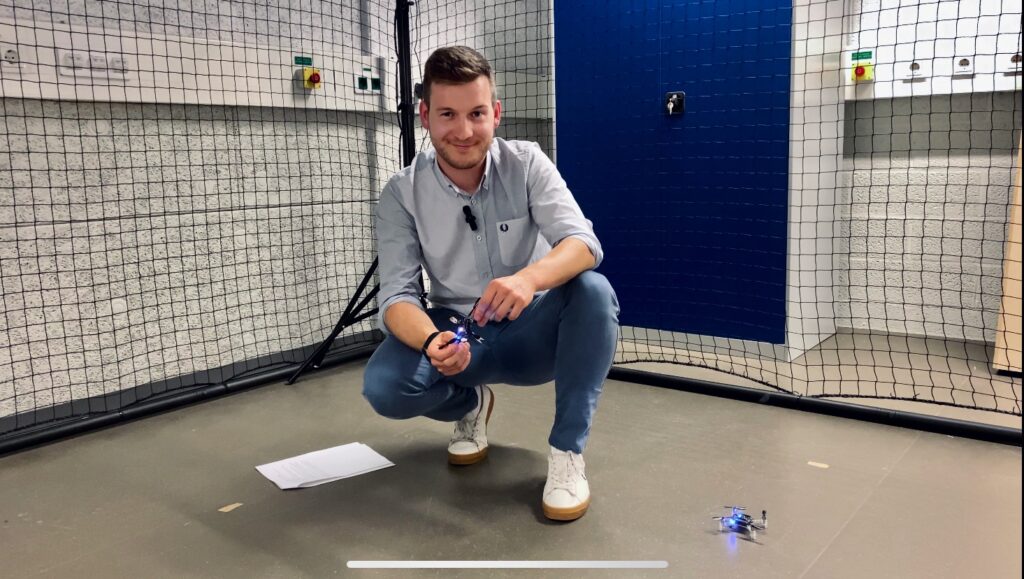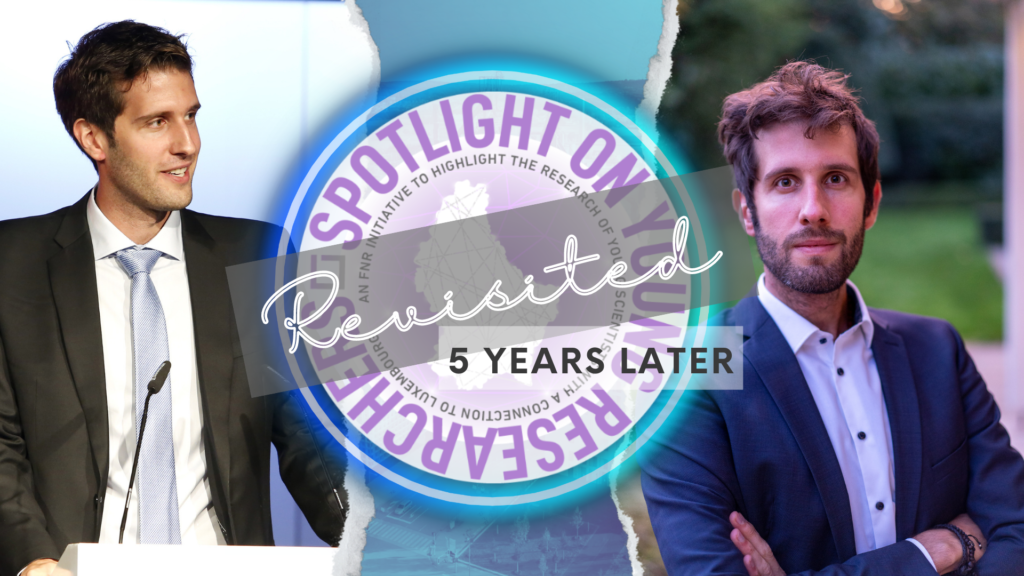
During his computer science studies, Konstantinos Papadopoulos realised how many unexplored areas there are in the field and his desire for becoming a researcher was born. Now in the 2nd year of his PhD at the SnT at the University of Luxembourg, the Greek national works on developing innovative new approaches to security surveillance.
“Due to the worldwide rise in security concerns, the need for reliable surveillance systems is greater than ever,” computer scientist Konstantinos Papadopoulos explains.
Now in the second year of his PhD project, Konstantinos work feeds into the FNR CORE project 3D-ACT, based in the Signal Processing & Satellite Communications Group (SIGCOM) of the SnT at the University of Luxembourg.
‘Teaching’ machines to recognise human actions
“My research focuses on developing novel approaches for automatic human activity recognition and detection”, Konstantinos explains, adding: “By using multiple data modalities, acquired by camera sensors, we describe human actions in machine-interpretable language. Afterward, we train an expert system to label similar actions, using established machine learning techniques.”
Konstantinos explains that his group has installed an advanced motion capture system in their lab, with the aim to experimentally validate their theoretical models – issues that still need to be worked out include finding a solution to objects not being detectable in cluttered environments.
“Stretching the limits of knowledge is the biggest accomplishment for any researcher”
“Offering machines artificial intelligence is exciting in terms of transferring the knowledge of how the human brain and sensory organs function to a computer,” Konstantinos says, explaining that the biggest motivation for him is the feeling of fulfilment he gets from the out-of-the-box thinking that comes with exploring unknown environments in science.
“I cannot deny that my inherent curiosity of how everything works, since Kindergarten, has played a role in me becoming a researcher. Stretching the limits of knowledge is the biggest accomplishment for any researcher, and I am inspired by the idea that by learning something new, I can make a difference and potentially create change.”
Konstantinos chose the Centre for Security, Reliability and Trust (SnT) at the University of Luxembourg for his PhD. Despite his relatively recent arrival, Konstantinos already has good things to say about the potential of Luxembourg’s research:
“It is very attractive for young researchers, like myself, to work for an ambitious organization like the University, which provides all the required resources and tools for its employees. Apart from the university, one can find many research career opportunities in the private sector, as well. There is no doubt that Luxembourg is steadily becoming a potent research destination.”
Konstantinos Papadopoulos’ PhD is funded under the FNR CORE Project 3D-ACT, led by Prof Björn Ottersten and Dr Djamila Aouada
Published 15 May 2018





